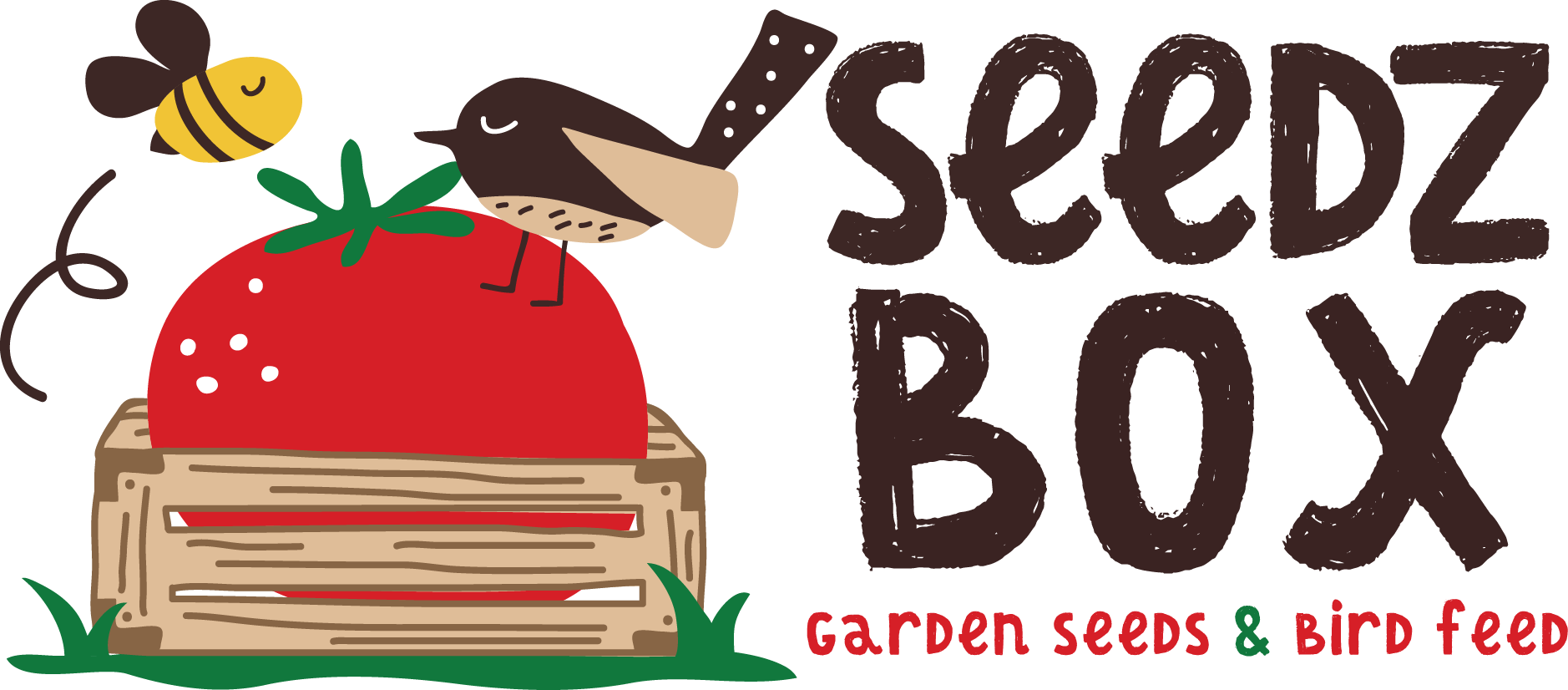
Guinea Pig Food - A Guide to Feeding Guinea Pigs
Your guinea pig's health depends on a balanced diet that includes guinea pig feed pellets, fresh foods that provide vitamin C, alfalfa for protein and roughage, and fresh water. During warm weather, your guinea pig may need additional salt and sometimes you'll want to offer your guinea pig a special treat.
What are guinea pig feed pellets?
Guinea pig pellets are available at pet and feed stores, are formulated to meet the particular nutritional needs of guinea pigs. Rabbit pellets do not have vitamin C, which is very important to a guinea pig's diet, and they also have too much of other vitamins that can cause illness in guinea pigs. The same is true of mouse, rat, hamster, and other rodent feeds.
Your guinea pig's pellet dish or feeder should never be empty. Before you place pellets in the cage, use a small colander to sift out the fines, or dust. Place the pellets at one end of the cage and the water at the other end of the cage so that your guinea pig gets plenty of exercise walking between them.
If you use a pellet feeder, raise it to 2 inches above the cage floor to keep out faeces and dirty bedding. Store feed pellets in a cool, dry place. Throw away any pellets that are over 90 days old, once opened, since their nutritional value decreases with age.
Do guinea pigs need vitamin C?
Your guinea pig has a very special dietary need for vitamin C, which helps to keep your guinea pig healthy and to fight off illness. Guinea pigs do not manufacture vitamin C in their bodies, so they must get it in their diet.
Even though guinea pig pellets contain vitamin C, its effective- ness is lost in a short time. Vitamin C is destroyed by exposure to air, heat, light, and moisture even when the best efforts have been taken to store it properly.
Therefore, it is very important to give your guinea pig a fresh supply of vitamin C every day. Guinea pigs need a minimum of 16 milligrams of vitamin C per kilogram of body weight. Adult guinea pigs weighing 1-2 kg need a minimum of 16-32 milligrams of vitamin C per day.
During times of stress hot or cold weather, moving, breeding guinea pigs need a few extra milligrams of vitamin C per day, because they use it up more quickly than when conditions are restful. The same is true for growing pups and pregnant sows.
For example, you could give a growing pup weighing 500g, 10 to 12 milligrams of vitamin C, rather than the minimum 8 milligrams per day. Vitamin C ordered through the mail usually comes in larger amounts than you can use up quickly.
What fruit and vegetables can you feed guinea pigs?
Washed fresh vegetables and fruits added to your guinea pig's diet each day are an excellent source of the necessary amount of vitamin C. The following is a list of foods you can use to supplement your guinea pig's diet to ensure it gets enough vitamin C:
Guavas, Lemon with peel, Turnip greens, Collard leaves, Kale leaves without stems, Orange with peel, Parsley, Mustard greens, Broccoli, Spinach and Strawberries
How often should you change your guinea pig's water?
Fresh water every day is as important as feed pellets and daily vitamin C. If a guinea pig does not have fresh water, it will not eat. A guinea pig that does not eat is soon a very sick guinea pig.
A plastic water bottle with a metal sipper tube is best for guinea pigs. The sipper tube should be rinsed thoroughly each time the bottle is refilled to get rid of any food that may have gotten into it when the guinea pig was drinking.
How often should I feed alfalfa to guinea pigs?
Alfalfa is especially good for guinea pigs as a source of protein and roughage. Give your guinea pig fresh alfalfa at each cage cleaning, 2 or 3 times a week.
Should I feed salt to guinea pigs?
When the weather is very warm it is a good idea to give your guinea pig a salt spool. Your guinea pig will decide if it needs the salt.
What treats can I feed guinea pigs?
You can give your guinea pig small amounts of special treats from time to time, but don't overdo it. Be careful that its pellets and vitamin C sources remain the majority of its diet.
If you feed treats in the morning, any treat left in the cage at bedtime should be removed. Likewise, if you feed treats at night, remove any leftovers in the morning.
This habit will keep the cage cleaner and prevent your guinea pig from eating spoiled food and getting sick.
For treats, guinea pigs like:
Lettuce and other leafy green vegetables, such as kale, spinach, celery, carrots, apples, pears, grapes, berries, raisins and yogurt-covered raisins.
Apples are especially nice if you are traveling and cannot use the water bottle. Water bottles drip and get everything wet while traveling.
Carrots are also a good source of water, but a major drawback is that they turn your guinea pig's mouth orange.
But, be careful you don't give too many treats because you may keep your guinea pig from eating enough pellets and vitamin C sources to maintain good health. Be sparing with treats and especially sparing with new treats.



Leave a comment
This site is protected by reCAPTCHA and the Google Privacy Policy and Terms of Service apply.